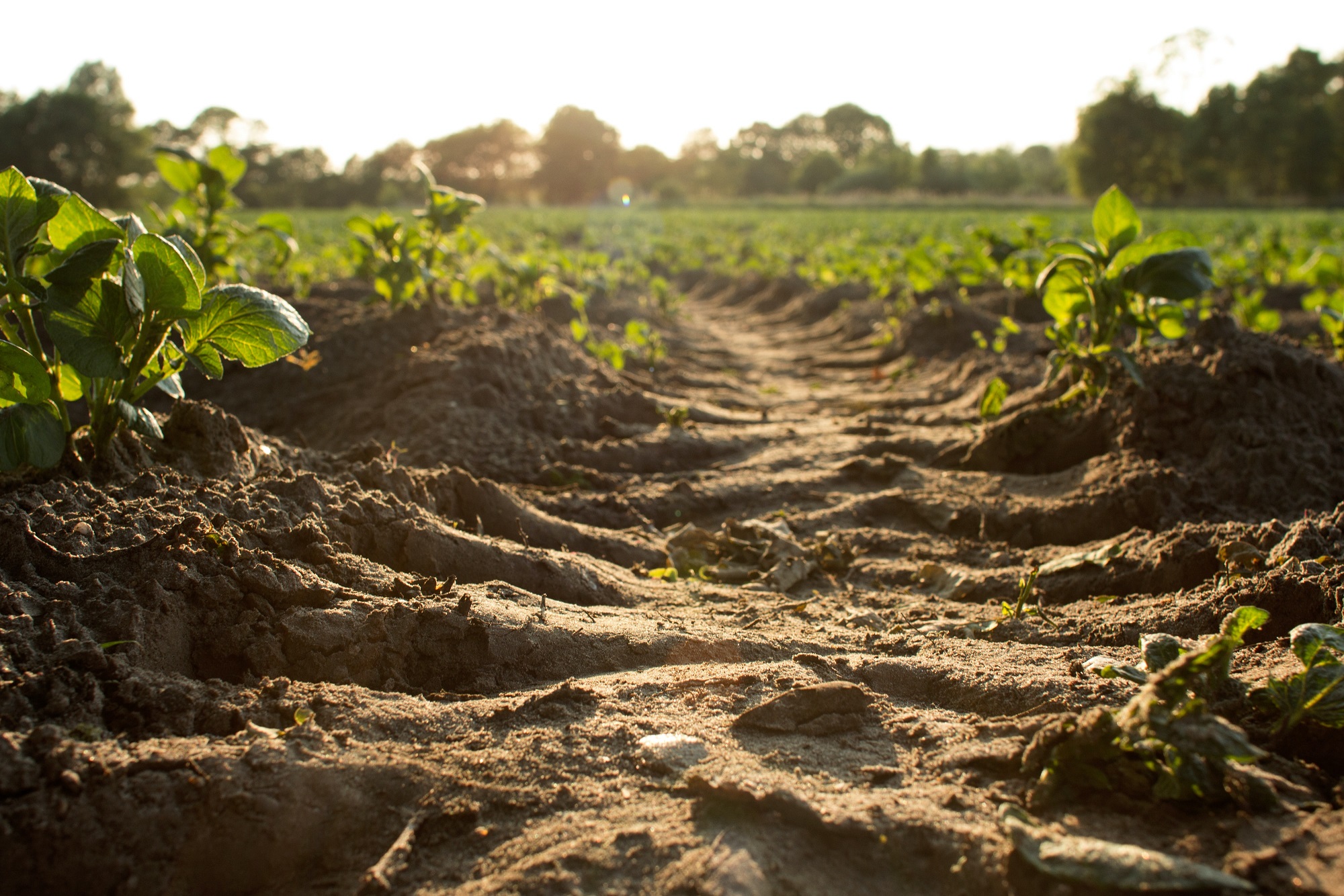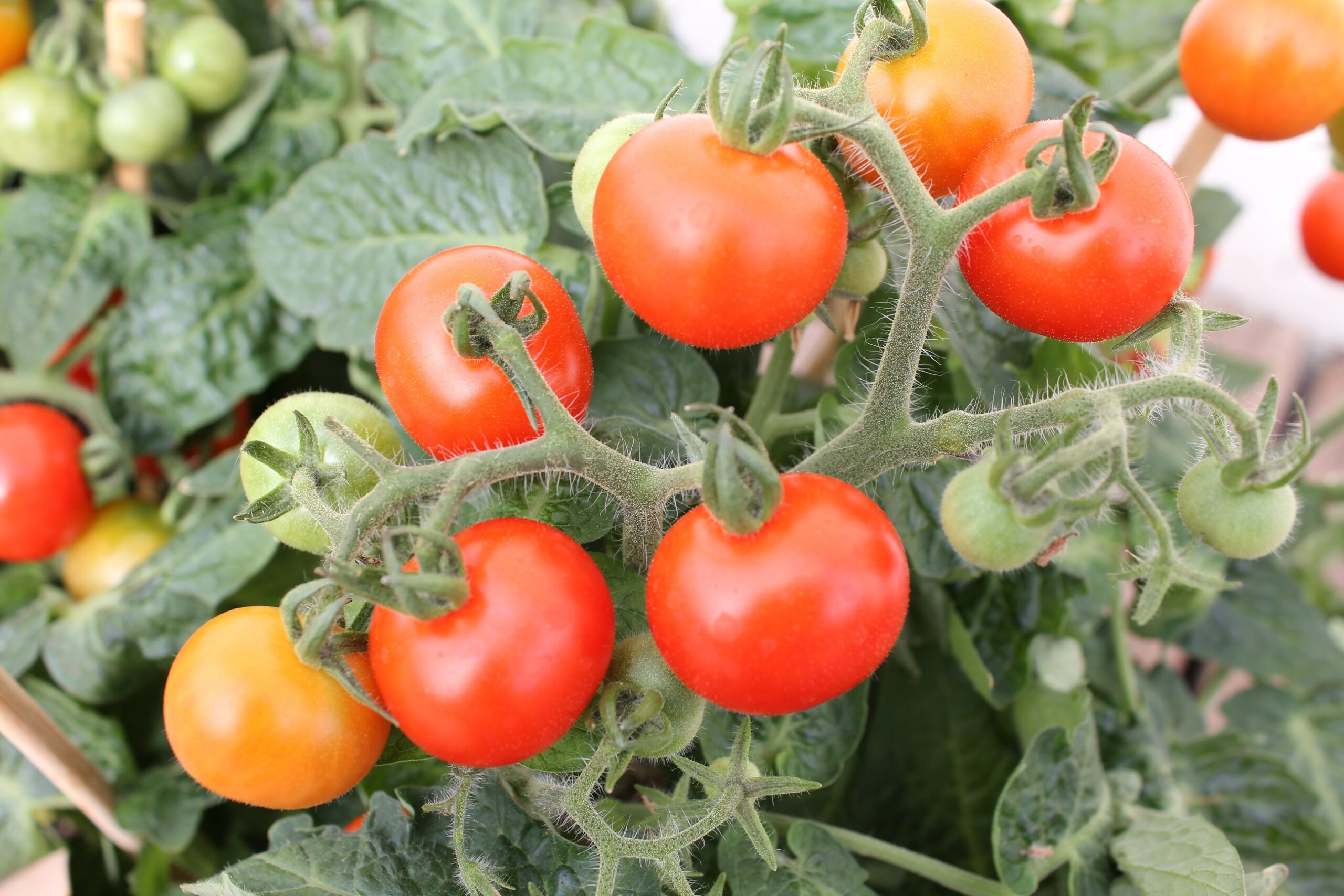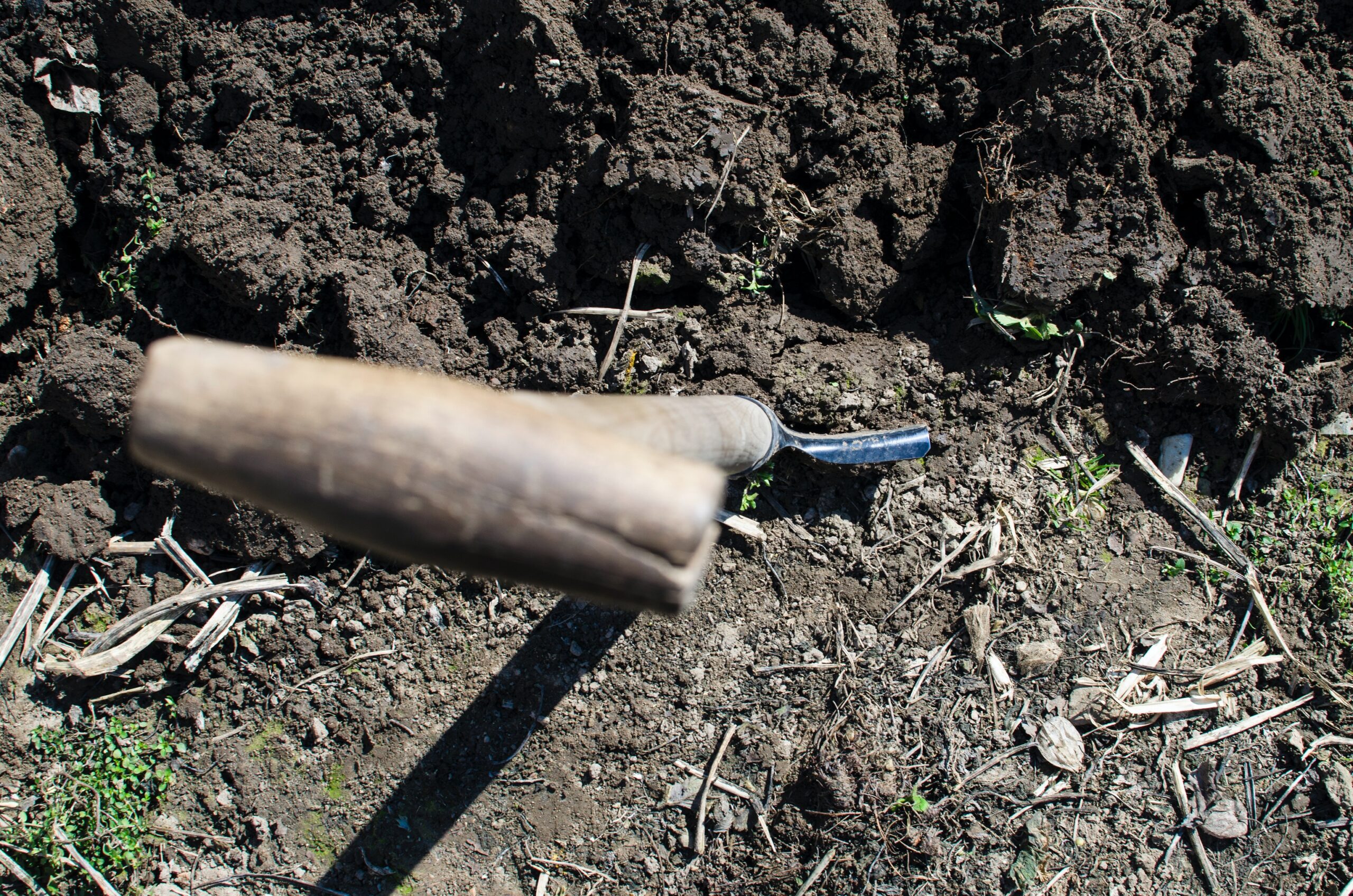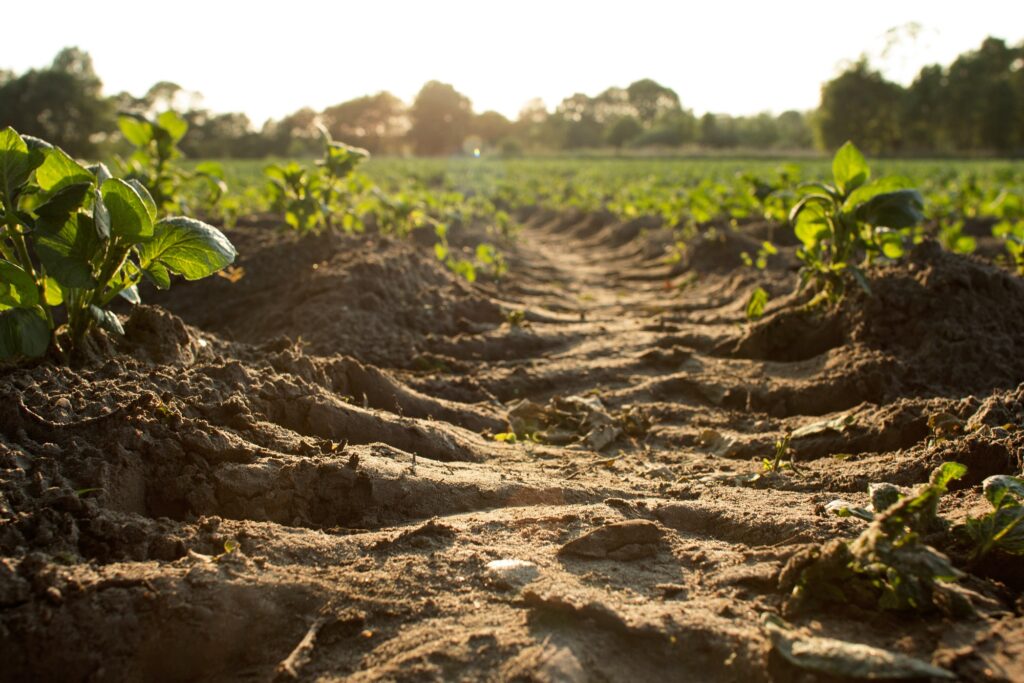To get the best yield from their land, farmers need to make informed decisions. That’s why soil microbiome data is so beneficial. With a simple test, farmers get a report they can use to create healthy soil and thriving crops. Plus, one simple test can help with decision-making years after it has been conducted. Let’s look at how soil microbiome data can help farmers make smart decisions about their land.

The Role of Pathogens
Plant pathogens are a growing threat to agricultural production. Researchers are beginning to understand that manipulating the soil microbiome is a viable way to reduce disease levels.
“Plant microbiome functions can be beneficial or harmful to plant growth and yield. The functional capacities of plant-associated microorganisms include plant growth promotion, disease symptoms, and resistance to stress factors,” wrote the authors of The Nexus Between Plant and Plant Microbiome: Revelation of the Networking Strategies, published in the journal Frontiers in Microbiology.
Microbiome soil tests provide an overview of the various organisms present in the soil, such as bacteria and fungi. With this information, biomarkers can be identified to establish a baseline and control pathogens.
How Soil Microbiome Data Can Help Farm Management
“Maybe a farmer’s soil is showing signs of a certain new pathogen that is not yet known. Yet, it could impact yield further down the road,” Josh Toal of Rhizebio said. Rhizebio is an agri-tech company that provides microbiome testing and reports on the biological health of the soil. “Every time we find a new biomarker in the soil, the farmer will know at the end of the year, and their reports will update.”
The Rhize Soil Health Test is a low-cost, high-tech soil testing approach that decodes the complexity of the soil microbiome to reveal biodiversity, functionality, resistance, biocontrol, hormone production, stress adaptation, and nutrient cycling potential.
With microbiome soil testing results in hand, as discoveries are made linking soil pathogens and bacteria to crop yields, farmers will be able to know how they could be affected. Especially important if their soils are showing signs of a specific pathogen that could impact yield further down the road. Informed decisions can be made, such as adding biofertilizers or cover crops to neutralize the threat.
“Farmers will never have to worry about having outdated or incomplete information when it comes time to make important decisions about their farm and its sustainability,” Toal said.

Why Establishing a Baseline Is Important
Genome-based soil health data are essential for predicting future soil conditions and yields. For example, research published in Science Advances analyzed a repeated sampling of individual tomato plants that either remained healthy or got infected by soil-borne plant pathogenic R. solanacearum bacterium.
Results showed initial differences in the local bacterial species in the soil were linked with the outcome of host-pathogen interactions. In other words, the susceptibility of the plants to disease could be identified long before the onset of disease outbreaks.
“Bacterial wilt disease development was highly predictable based on initial differences in bacterial community composition and functional capacity even under temporally varying field conditions,” the authors wrote.

What Makes Soil Microbiome Tests Different from Others?
Farmers will always need to understand the nutrient makeup of their soil, such as Phosphorus and Nitrogen levels. Soil microbiome testing is an added complement for more informed decision-making. It gives farmers the most comprehensive data available on their soil quality. It also doesn’t need to be repeated as often. One soil microbiome test provides lasting results.
“It provides comprehensive information about your soil microbiome and biomarkers. You’ll be able to better understand how microbes interact with plants in different environments.” Toal said. “It helps you stay proactive in managing your land.”
Farms are increasingly using biological data as a tool, Toal says.
“As future discoveries about yield and soil bacteria emerge, this test gives farmers peace of mind,” Toal said.
